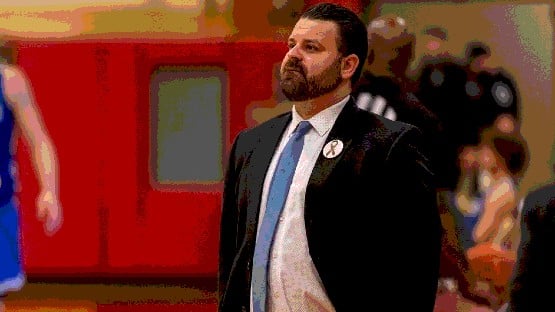Column by David Cox
Submit guest columns: [email protected]

Last winter, the House and Senate passed unanimously a constitutional amendment that would exempt veterans, who because of their service to the nation were 100 percent disabled according to the Veterans Administration, from paying local property tax. As a proposed amendment, it gets another reading this winter, and if passed again would go to us voters in November.
At the time I groused about it as still yet another unfunded mandate by which the state, which usually insists local governments pay for some duty, in this case cuts into the revenues of localities: property taxes are among the few funding sources for cities and counties. I noted that all politicians oppose unfunded mandates…then all our Assembly politicians voted for one.

This way took shape, in part, in a meeting between local government officials and Del. Ben Cline last spring. Lexington’s city manager suggested that the state could pass a tax credit or rebate on what these designated veterans pay on property taxes. If so, funds then come from the state treasury and not localities (resolving one objection); and the Assembly could make it happen immediately, without going through the laborious process of amending the constitution.
Then, conversations with local veterans helped shape further issues. For instance, while helping disabled veterans and spouses, what about those who paid the ultimate sacrifice? Widows/widowers of those who died because of their service get left out of the current plan.
The Virginia Municipal League then began noticing other shortcomings:
* Not all veterans would be eligible for the benefit; some qualify for other exemptions.
* Disabled vets who don’t own houses—such as renters–are not eligible.
* Veterans with a less-than-total disablement aren’t covered.
* The exemption pays no attention to income levels. While aimed at struggling vets, it includes those whose income is such that it’s not really needed.
Then, too, why just those disabled in combat? Why not police officers and firefighters disabled in the course of their duties?
Fortunately the Commonwealth has other options, like providing a tax credit that is prorated to disability and income and extended to surviving spouses; not taxing their unearned income (such as interest and dividends), refunding the tax from state coffers; and certainly, to provide additional services to homeless veterans.
Some local veterans have told me this makes more sense than the original idea that they had supported. I think so, too. So does Lexington’s City Council, which endorsed the VML position unanimously.
If you do, too, let your delegate and senator know: Sen. Emmett Hanger ([email protected]); Sen. Creigh Deeds ([email protected]); Del. Ben Cline ([email protected]). But do it soon.
Let’s agree on one thing: our veterans, especially those who have particularly suffered, deserve the best we can offer them: not only the best help we can provide, but also in the most appropriate way.










